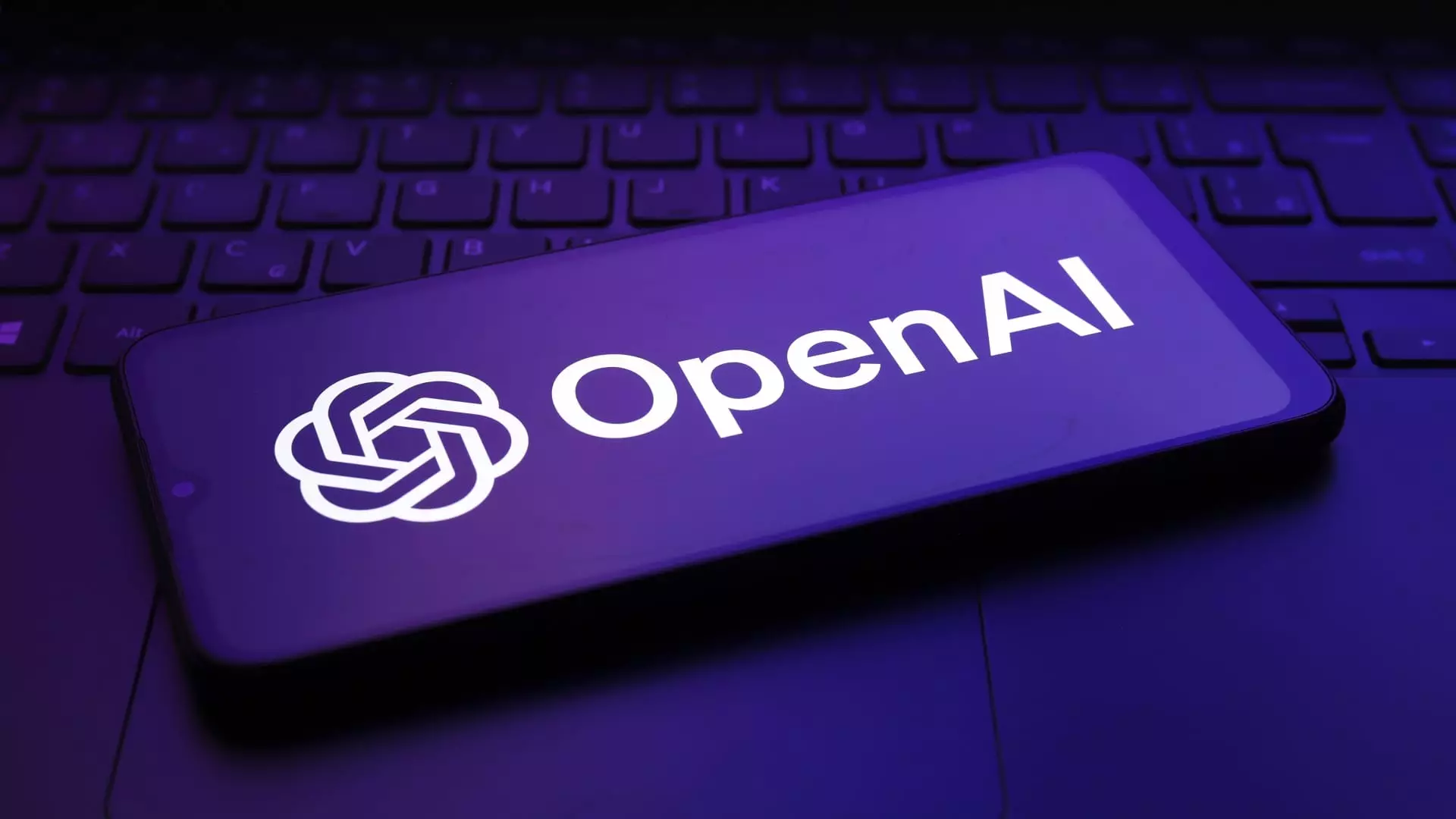In a shocking revelation, the tech community mourns the death of 26-year-old Suchir Balaji, a former researcher at OpenAI. Found deceased in his San Francisco apartment, the death has been ruled as a suicide by the city’s medical examiner. This incident raises significant ethical questions within the tech industry, particularly regarding the emotional and psychological toll that contentious ethical practices can impose on its employees. Balaji had previously expressed grave concerns regarding potential violations of copyright law by OpenAI in its development of AI-driven technologies like ChatGPT. His departure from the company underscored the internal struggles many face when moral boundaries collide with corporate interests.
Ethical Concerns and Industry Pressures
Balaji was vocal about his apprehensions regarding the impact of AI on content creators. He believed that the advancements in AI, particularly in language models, obliterated the commercial viability of individuals and organizations that create the very data these systems rely upon. This perspective highlights a growing conflict within the tech world: the need for innovation, often driven by competitive capitalism, versus the moral obligation to protect the rights and livelihoods of original content creators. The legal battles that OpenAI is currently embroiled in serve as a backdrop to this larger conversation about the rights of creators in an increasingly automated world. Balaji’s claims represent not just personal convictions but a significant concern for many in the content creation space, who fear for their livelihoods amid the rise of AI technologies.
The Reaction from OpenAI and the Community
Following the tragic news of Balaji’s passing, OpenAI expressed their sadness, recognizing the loss not just of a colleague but of a voice that brought attention to crucial ethical questions. This raises pertinent issues about organizations’ responsibility toward employee mental health and the fostering of an environment where dissenting opinions can be safely expressed. The tech industry often prioritizes innovation at the expense of individual well-being, but Balaji’s case serves as a poignant reminder that this approach can have dire consequences.
Balaji’s death, while personal, resonates on a broader scale within the dialogue surrounding AI ethics. As AI technologies become ever more prevalent, the implications of their development must be scrutinized not only for their functionality but also for their socio-economic impacts. The lawsuit filed against OpenAI and its financial backer, Microsoft, reflects a growing concern that the methods used to train AI—involving potential copyright infringements—raise substantial legal and moral dilemmas. OpenAI’s CEO Sam Altman’s comments, suggesting that there is no need to “train on their data,” challenge us to consider alternative pathways for responsible AI development that respects the rights of creators.
Suchir Balaji’s untimely death should serve as a clarion call for the tech industry. There is an urgent need for a systemic change that prioritizes ethical considerations alongside technological advancements. Organizations must establish robust mental health support systems and create cultures that encourage employees to voice their concerns. Additionally, the dialogue on AI development must evolve to ensure that creators and innovators coexist, rather than compete destructively. Only through a collective commitment to ethical responsibility can the tech industry hope to build a future that honors both innovation and individual rights.


Leave a Reply